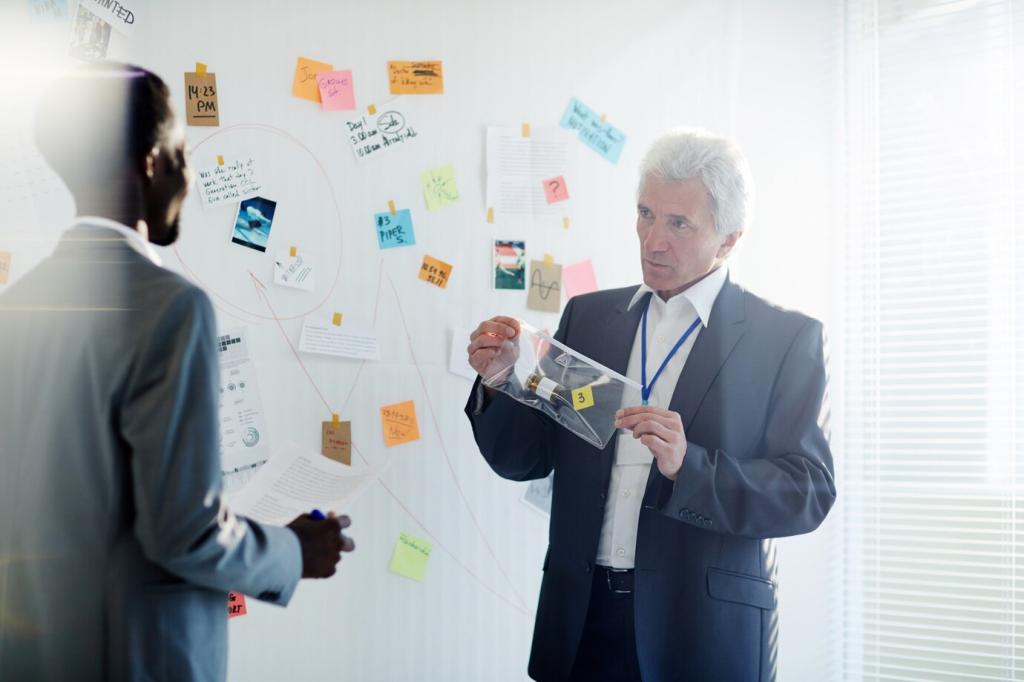Taming Stress and Protecting Memory Throughout the Day
Exhale fully, inhale for four, hold for seven, exhale for eight. Repeat three cycles before opening a new tab or tool. Many notice calmer transitions and clearer memory for instructions. Try it today and share which moment felt smoother: switching from chat to code, or from inbox to planning.
Taming Stress and Protecting Memory Throughout the Day
When errors happen, say, “This is hard, and I’m learning.” Place a hand on your chest and breathe. Compassion reduces rumination, freeing memory from worry loops. A marketer used this after a typo and still recalled campaign data cleanly. Comment with a kind phrase you’ll practice this week.







